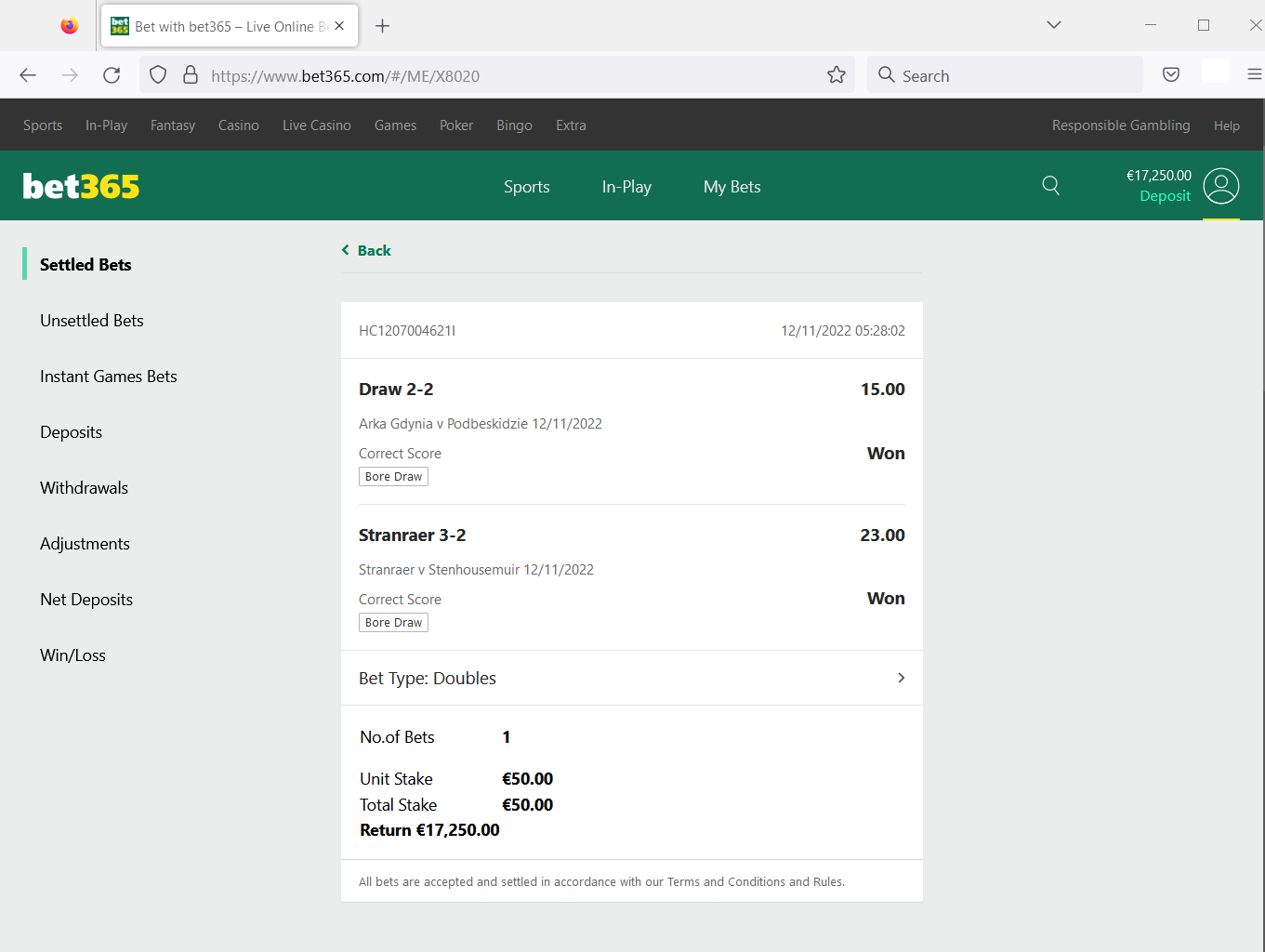In the intricate dance of astrological relationships, few aspects provoke as much contemplation as the Moon opposite Venus synastry. This celestial arrangement surfaces profound questions about love, emotional requisites, and the equilibrium required to forge lasting bonds. It reveals the tension between affection and emotional fulfillment, compelling individuals to evaluate their innate desires against the backdrop of their partner’s needs. That tension creates a stirring narrative: can love truly flourish amidst dissonance, or does emotional conflict inevitably undermine connection?
Astrology invites us to explore the essence of our emotional worlds. Individuals with Moon opposite Venus in their synastry share a unique experience that oscillates between enchantment and discord. The Moon, symbolizing our inner selves and emotional landscapes, contrasts sharply with Venus, the planet of love, beauty, and harmony. This opposition can manifest as a tantalizing interplay of affection and emotional need that demands resolution.
Furthermore, the Moon signifies our maternal instincts and the nurturing side of relationships, while Venus embodies the desire for beauty, romance, and companionship. When these planets oppose one another in synastry, a distinctive tension arises, often making it difficult for partners to truly understand one another’s emotional motivations. The yearning for affection and the longing for emotional security can come into direct conflict, creating an environment rife with complexities.
To unravel this intricate tapestry, it is essential to delve into the manifestations of this aspect. Partners may find themselves alternating between moments of tenderness and frustration. In one instance, they could revel in the bliss of shared beauty; in another, they might experience emotional detachment or misunderstandings. The key to navigating this synastry lies within the delicate balance between these two forces—recognizing that love is not a linear journey but instead a multifaceted exploration of emotional integration.
One way this opposition can manifest is through differing approaches to affection. The Moon person may express love through nurturing and emotional support. They seek safety and intimacy, craving a partner who provides a soft landing amidst life’s turbulence. Conversely, the Venus individual might prioritize expressions of affection that are more aesthetic—prioritizing romance, beauty, and pleasurable experiences over emotional depth. This discrepancy can lead to a sense of imbalance, where the Moon person’s needs feel overlooked or unvalued.
In situations where the Moon feels emotionally neglected, they may react by retreating into themselves, withdrawing from the romantic embrace. This withdrawal, however, can exacerbate tensions, leading to feelings of resentment from the Venus partner, who thrives on relational warmth and validation. Such cyclical behaviors can leave both partners feeling disconnected, fueling a sense of longing that is both painful and transformative.
Additionally, the opposition may provoke misunderstandings and misinterpretations. The Moon person might view the Venus individual’s seemingly nonchalant approach to emotionality as callousness, while the Venus partner may perceive the Moon’s need for depth as suffocating. Recognizing these differing perspectives is paramount. The partners must actively engage in open dialogue, cultivating an environment where both emotional sensibilities can coexist peacefully. This means acknowledging each other’s emotional grammar, even when it feels alien or challenging.
Another critical aspect of the Moon opposite Venus synastry is the lesson of compromise. Love, as they say, sometimes requires sacrifice. Both partners must be willing to appreciate the beauty in their dissimilarities and to create a bridge across their emotional divides. The Moon can learn to embrace the playful, romantic expressions of love that Venus offers, while Venus can delve deeper into emotional understandings, thereby enriching their relationship. This mutual growth can lead to a more profound connection, fostering an appreciation of the other’s unique expression of love.
In addition to communication and compromise, reflecting on individual emotional patterns can facilitate healing within the relationship. Each partner must confront their emotional triggers and the ways these inform their expectations within the union. The Moon may need to assess how their longing for security impacts their perspective on love, while the Venus individual might explore how their desire for beauty might sometimes eclipse more profound emotional exchanges. This introspection allows for greater empathy and understanding—a catalyst for an enriched partnership.
It is important to remember, however, that each relationship is as unique as the individuals within it. While the challenges posed by Moon opposite Venus synastry can seem daunting, they also provide a fertile ground for growth. With intention and patience, love can blossom through adversity. The tangential dance of oppositions can create a mosaic of emotional richness that transcends individual limitations, fostering a heartfelt connection where both partners thrive.
In conclusion, Moon opposite Venus synastry presents challenges that necessitate awareness and willingness to adapt. It embarks on a journey that intertwines love and emotional needs, urging both partners to assess their priorities and engage in a tender negotiation of their desires. The art of balancing affection and emotional fulfillment is a delicate endeavor, yet it holds the potential for transformative growth. Every relationship borne of these celestial dynamics holds a promise—a testament to the power of love amidst the intricacies of human emotion.








